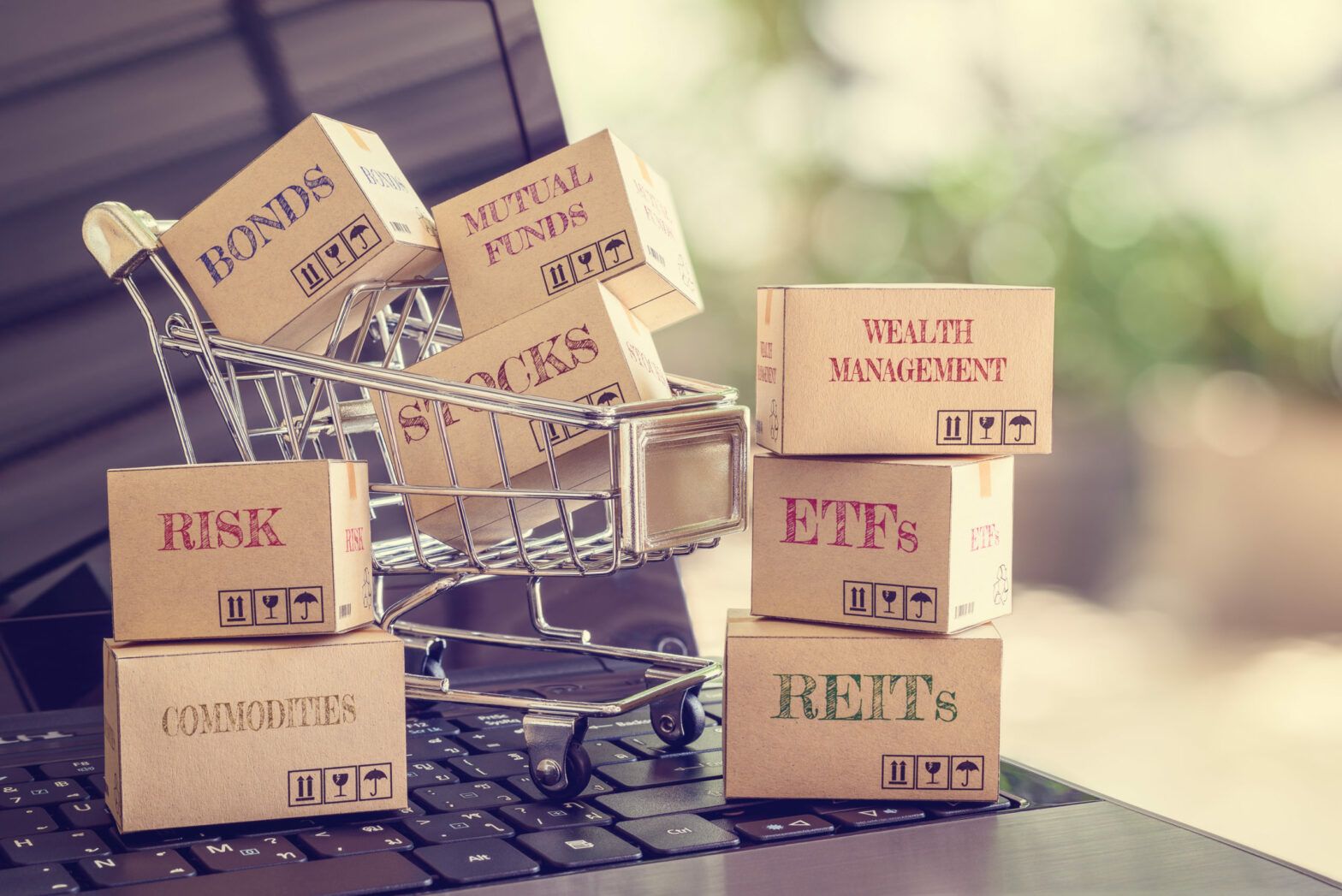The asset management industry has made great strides in the area of ESG investing over the past decade, moving towards ‘Sustainability 2.0’, according to Therese Niklasson, global head of ESG at Ninety One Asset Management.
Speaking during a Hargreaves Lansdown webinar to mark this year’s Good Money Week, Niklasson said over the past decade, the industry has gone through ‘ESG 1.0’, which has been about “building the infrastructure and understanding and changing the culture inside the business to allow these topics to feature in the investment debate”.
And while this is something that takes a long time, she said we are now coming out of this phase and moving towards what she called ‘Sustainability 2.0’, with efforts now directed towards “ensuring that ownership rests firmly with the investment teams”.
“We are dealing with a lot of complex issues, such as climate change and carbon risks, and we are still exploring and figuring out how to understand these issues,” she said, but added that integrating ESG across the whole investment approach is key to success when it comes to sustainable investing.
Being accountable
“The heads of investment must be given the responsibility and accountability to ensure that [ESG integration] is done well,” she said.
“There has been a lot of bottom up pushing from [dedicated] ESG teams, and that’s natural, but we have to find a combination of good top down leadership supported by that bottom up guidance.
“Then it’s important that investment teams themselves are allowed to go on a journey to see how this fits in with their philosophies.”
Dominic Rowles, investment analyst at Hargreaves Lansdown, added that as ESG investing become more mainstream, almost all fund managers practice stewardship in one way or another. As such, he said it is the analysts’ job “to separate the leaders from the laggards”.
“We discuss with fund managers how they engage with businesses on issues such as climate neutrality and board representation,” he said.
“We ask questions such as: does the fund house have its own ESG ratings system or buy them form a third party? Is ESG analysis done by a separate team? Does it sit with the analysts or in a different part of the building? Can the fund managers speak eloquently on ESG issues themselves or do they delegate this to a different team?”
Getting granular
Meanwhile, Sonja Laud, CIO at Legal & General Investment Management, sees the Covid-19 pandemic leading to more regulatory pressure on the investment management community in terms of ESG issues, noting that the UK regulator has already asked pension funds of a specific size to conduct climate stress tests of their assets.
“The pandemic has accelerated the attention of governments and policymakers [on ESG] and we may see more acceleration from regulators on how these issues are considered,” she said.
But Laud said we have also seen the flip side of the coin, as the pandemic has had “an above proportional impact on low income families and minorities”, drawing attention to social inequalities like never before.
This has pushed up the importance of social issues within the overall sustainability agenda of businesses, while potentially making clients focus on more granular issues within ESG.
“Now we will come to a point where we ask, what does a Paris aligned product look like, for example? Or what do decarbonisation strategies look like?” said Laid. “the ‘S’ element might be even more complex, as it is less quantifiable than the ‘E’.”
She noted that the UN Sustainable Development Goals could be a good guide for clients looking at these specific sustainability issues and expects to see investors requesting “distinct outcomes” from their portfolios as awareness of ESG issues grows.








